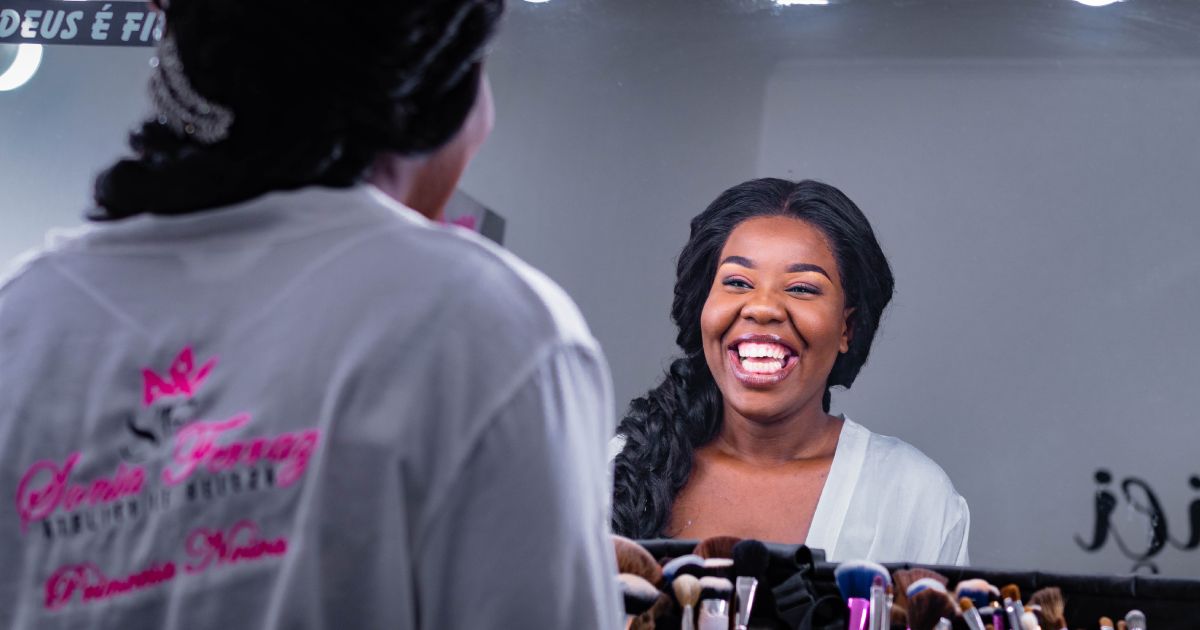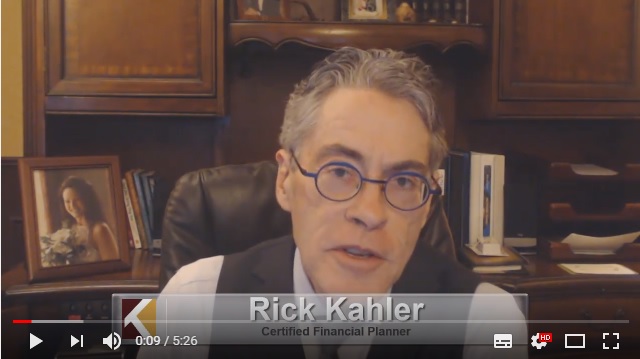Let’s be honest: budgeting sucks. There’s a reason everyone (including me) dreads sitting down and figuring out a budget. It brings to light all the things you spent money on that you probably shouldn’t have, and in the end you’ve got a list of super-responsible stuff to spend money on instead.
It’s the financial equivalent of eating your vegetables. Yuck.
But our philosophy at Gen Y Planning it to take the shame, fear, and guilt out of budgeting. If you want to spend money on dinners out, SoulCycle classes, or, hell, eyelash extensions (life changing!), do it! Money is a tool that allows us to live the life we want. If you squirrel it all away and never have any fun, you’re just not living.
They say that one of the ways to tell what’s most important to a person is to see what they spend their time on. So for 2017, I want you to try a values-based budgeting exercise: honor what’s important enough to you to spend money on. And be okay with that!
I wouldn’t be much of a financial planner if I didn’t sneak a few vegetables onto your plate (sorry) and tell you that, yes, it’s really important to save money for things like emergencies and retirement. And you can’t still do that while having money available for fun stuff. More on that in a bit.
First, here are some questions to ask yourself to determine what you really value.
What did you waste money on in 2016?
It could be impulse buys at fast fashion stores. Concert tickets for a musician you don’t like because you have FOMO and didn’t want to miss a night out with friends. Food you threw away because you didn’t eat it before it spoiled.
Anything you paid for that didn’t enhance your life is something you shouldn’t buy again in the future.
What are you proud of spending money on in 2016?
Maybe this was the year you finally hired a professional house cleaner, treated yourself to Amazon Prime, donated generously to a meaningful cause, took a sweet vacation, or saved up for a designer purse that you’ll use for years.
When I reviewed my 2016 spending, I learned that I was most pleased when I spent my money on experiences (like travel, concerts, and live theatre), and expenses that saved me time (Task Rabbit, house cleaning, and Instacart for grocery delivery).
If something brought you joy or freed up your time to do other things that matter to you, it was a worthwhile expense.
Adjust your spending to reflect your goals and values
It helps to be mindful of your spending without feeling shame. It you spent a lot in certain areas in 2016 (things like home decor or vet bills), those things are important to you, so save up for future spending in those areas (those vet bills aren’t going away anytime soon, after all!).
By committing to spending less on things that don’t matter and saying no to anything that isn’t important to you, you free up money that will fund what you love the most.
How can you do all this and not run out of money?
I’m a big fan of reverse budgeting. Often, people spend their take-home pay on bills first, then entertainment (things like shopping, restaurants, and travel). If there’s anything left, it goes into savings.
The problem is that it’s easy to overspend, leaving nothing left to save.
Try this: automatically transfer money out of every paycheck into your retirement and savings accounts. You can even set up multiple savings accounts that are earmarked toward different expenses (and have portions of your paycheck direct-deposited into each account — ask the payroll person at your office to help you with this!). By doing this, the money left over can be spent on bills first, and then you can spend the rest as you please, guilt-free.
Saving first and spending second allows you to meet long-term savings goals. If you’re saving for a house, car, wedding, grad school, vacation, or other large expense, you can do so more easily without noticing the hit to your wallet.
My wish for your 2017
My biggest hope for all my readers and clients is that you all make peace with your money and spend or save it according to your values. Not your parents’, not your friends’. Take the time to evaluate your spending so you can allocate funds to things that enhance your life, and stop spending mindlessly on things that don’t matter to you.
The above blog is by Sophia Bera originally published in her website Gen Y Planning.
 About Sophia Bera: Sophia Bera, CFP® is the Founder of Gen Y Planning and is a financial planner for Millennials. She’s passionate about helping people in their 20s and 30s across the with their money. She is a contributor for AOL’s Daily Finance website and has been quoted on various websites and publications including Forbes, Business Insider, Yahoo, Money Magazine, InvestmentNews, Financial Advisor magazine, and The Huffington Post. She was named one of the “Top Financial Advisors for Millennials” by the website: www.MoneyUnder30.com. Sophia is a sought after speaker and presenter and is an active member of the Financial Planning Association. In her free time, she enjoys performing as an actor/singer and traveling the world with her husband, Jake. Follow her on Twitter @sophiabera or sign up for the Gen Y Planning Newsletter to stay up to date on financial articles geared towards Millennials.
About Sophia Bera: Sophia Bera, CFP® is the Founder of Gen Y Planning and is a financial planner for Millennials. She’s passionate about helping people in their 20s and 30s across the with their money. She is a contributor for AOL’s Daily Finance website and has been quoted on various websites and publications including Forbes, Business Insider, Yahoo, Money Magazine, InvestmentNews, Financial Advisor magazine, and The Huffington Post. She was named one of the “Top Financial Advisors for Millennials” by the website: www.MoneyUnder30.com. Sophia is a sought after speaker and presenter and is an active member of the Financial Planning Association. In her free time, she enjoys performing as an actor/singer and traveling the world with her husband, Jake. Follow her on Twitter @sophiabera or sign up for the Gen Y Planning Newsletter to stay up to date on financial articles geared towards Millennials.





0 Comments